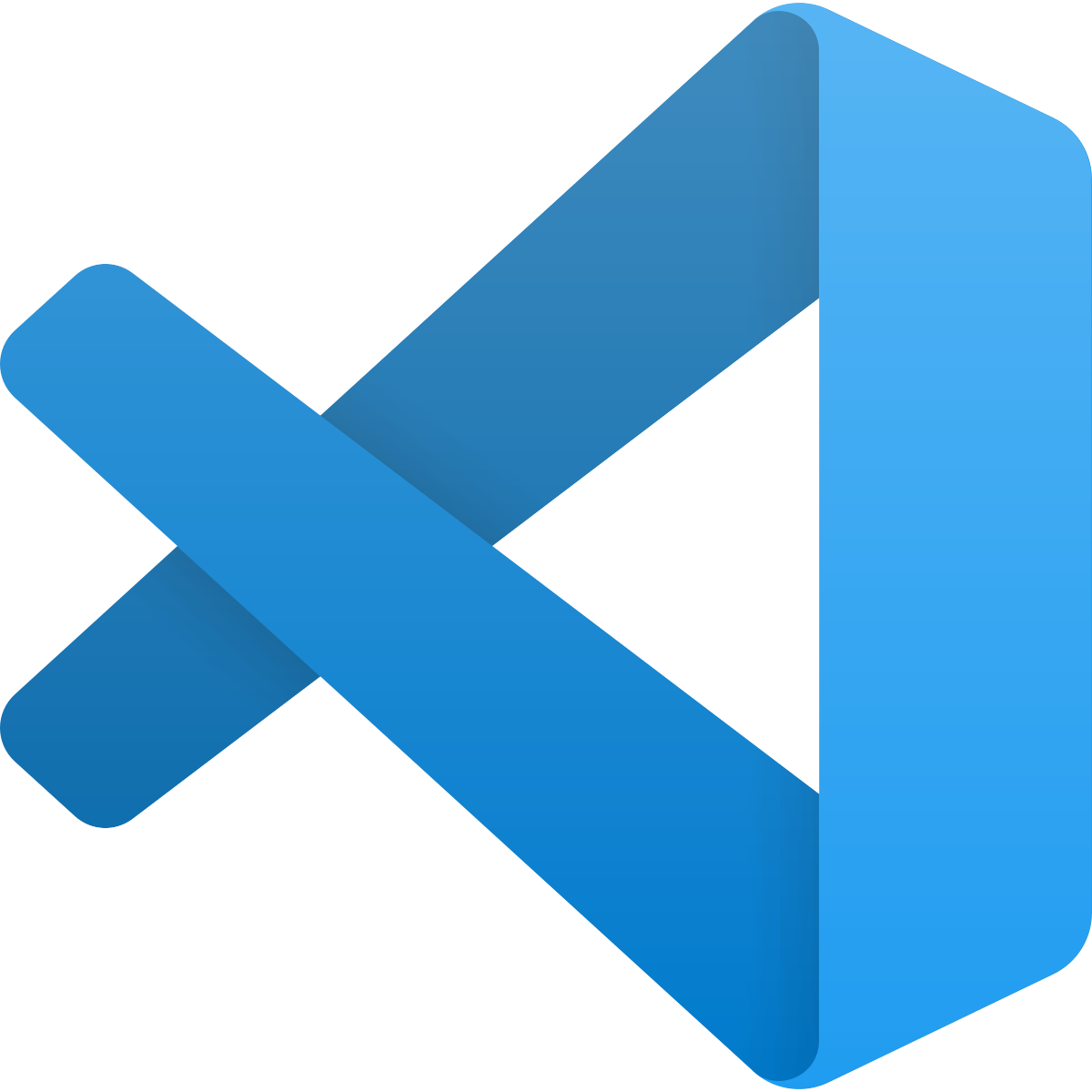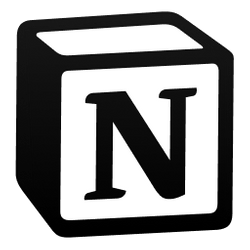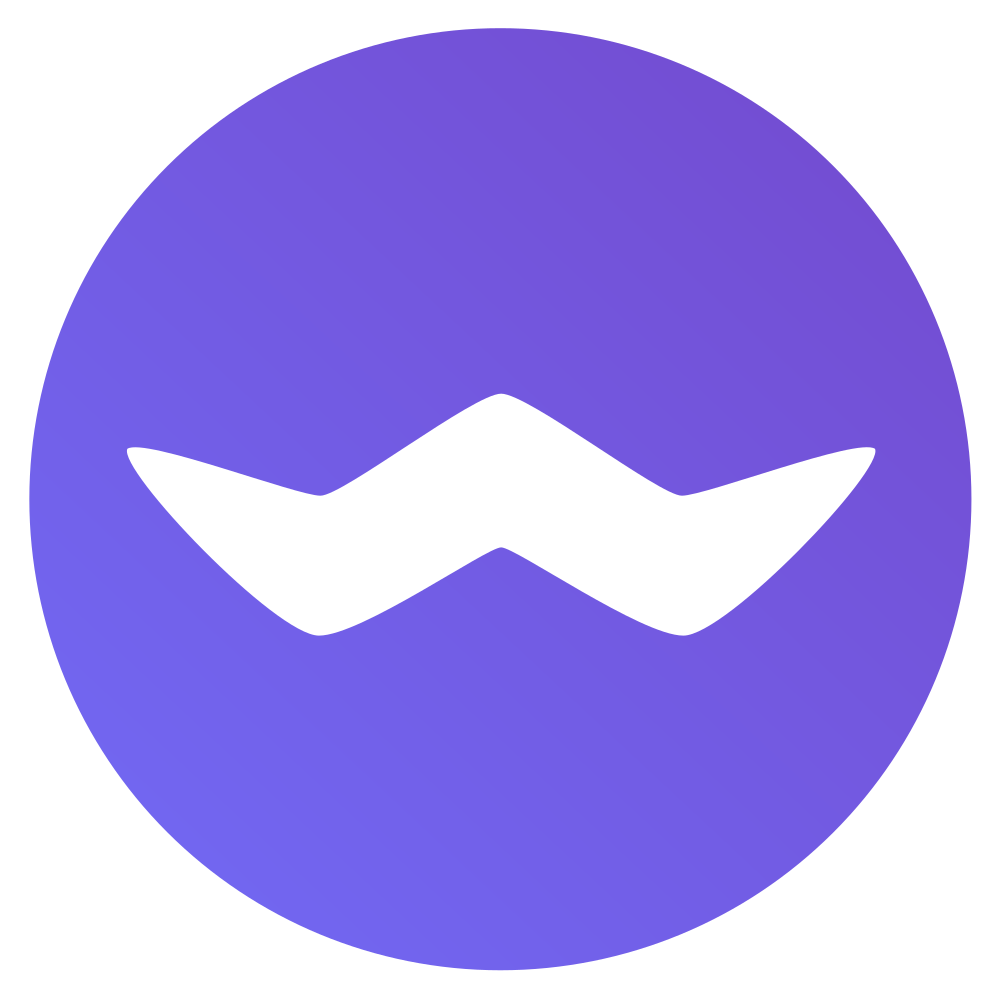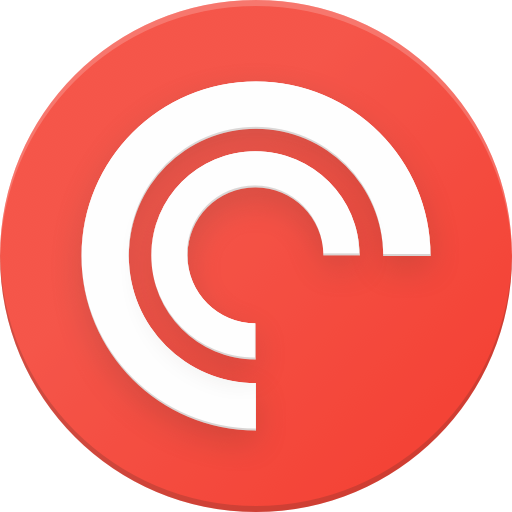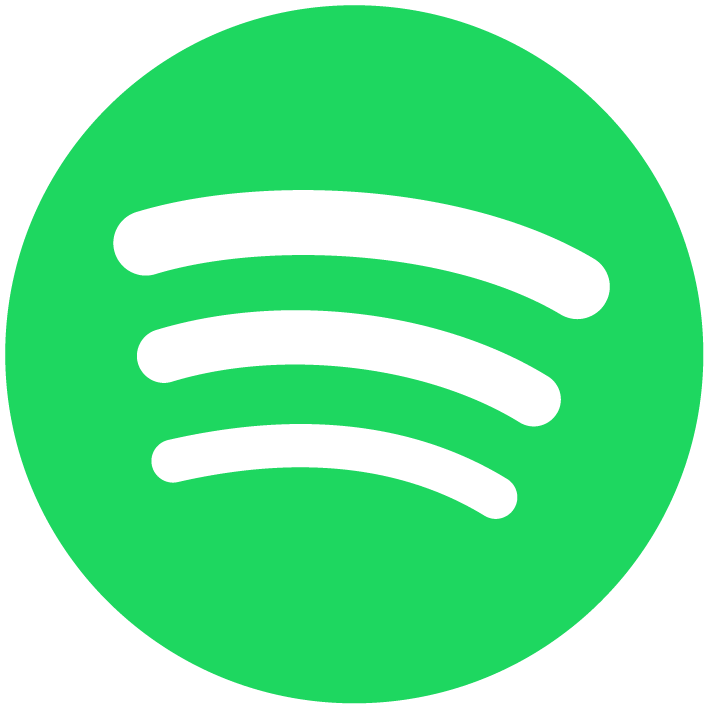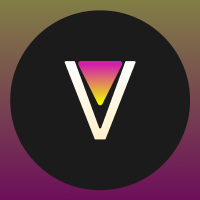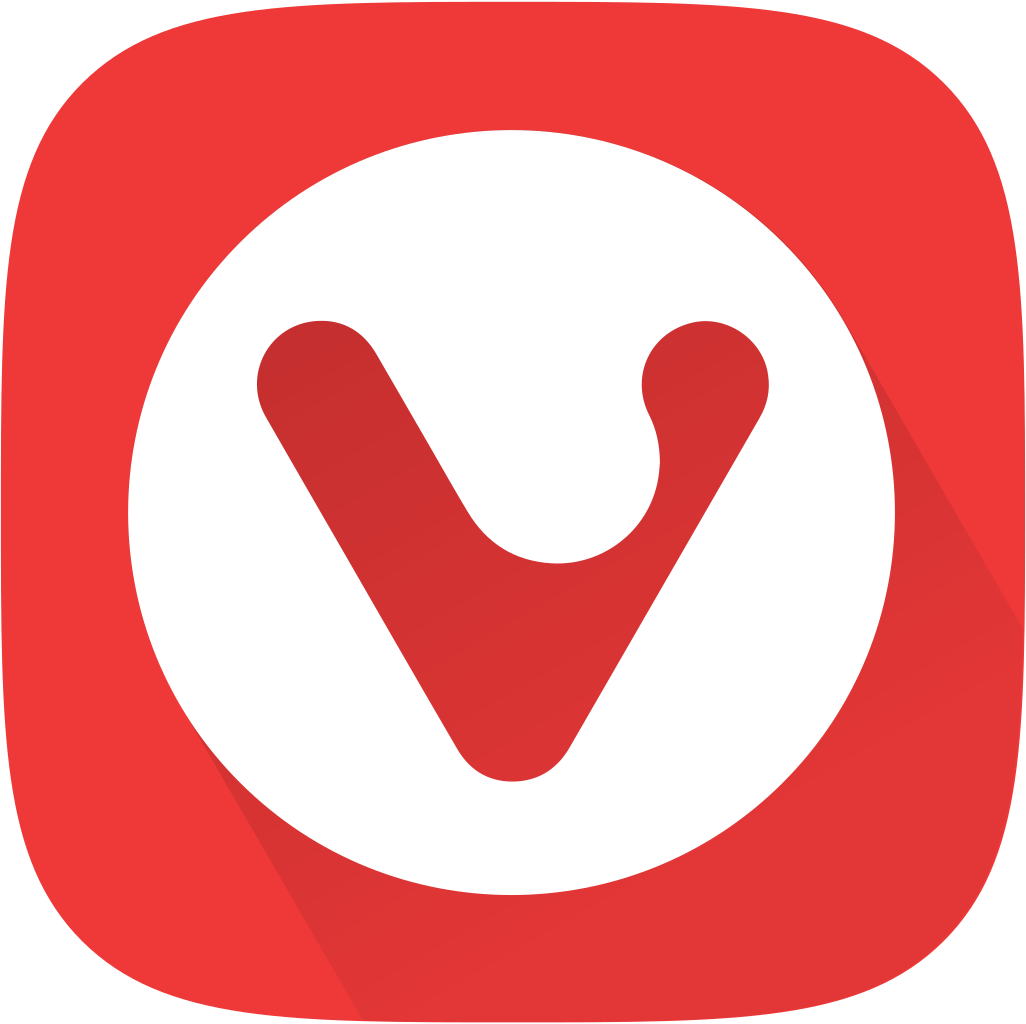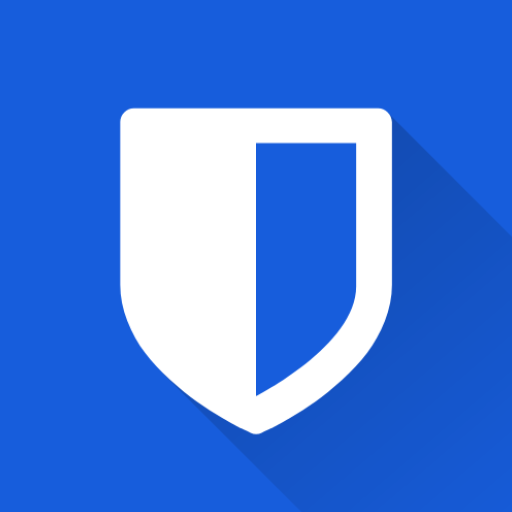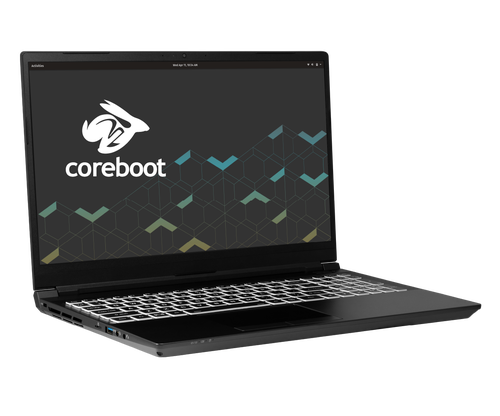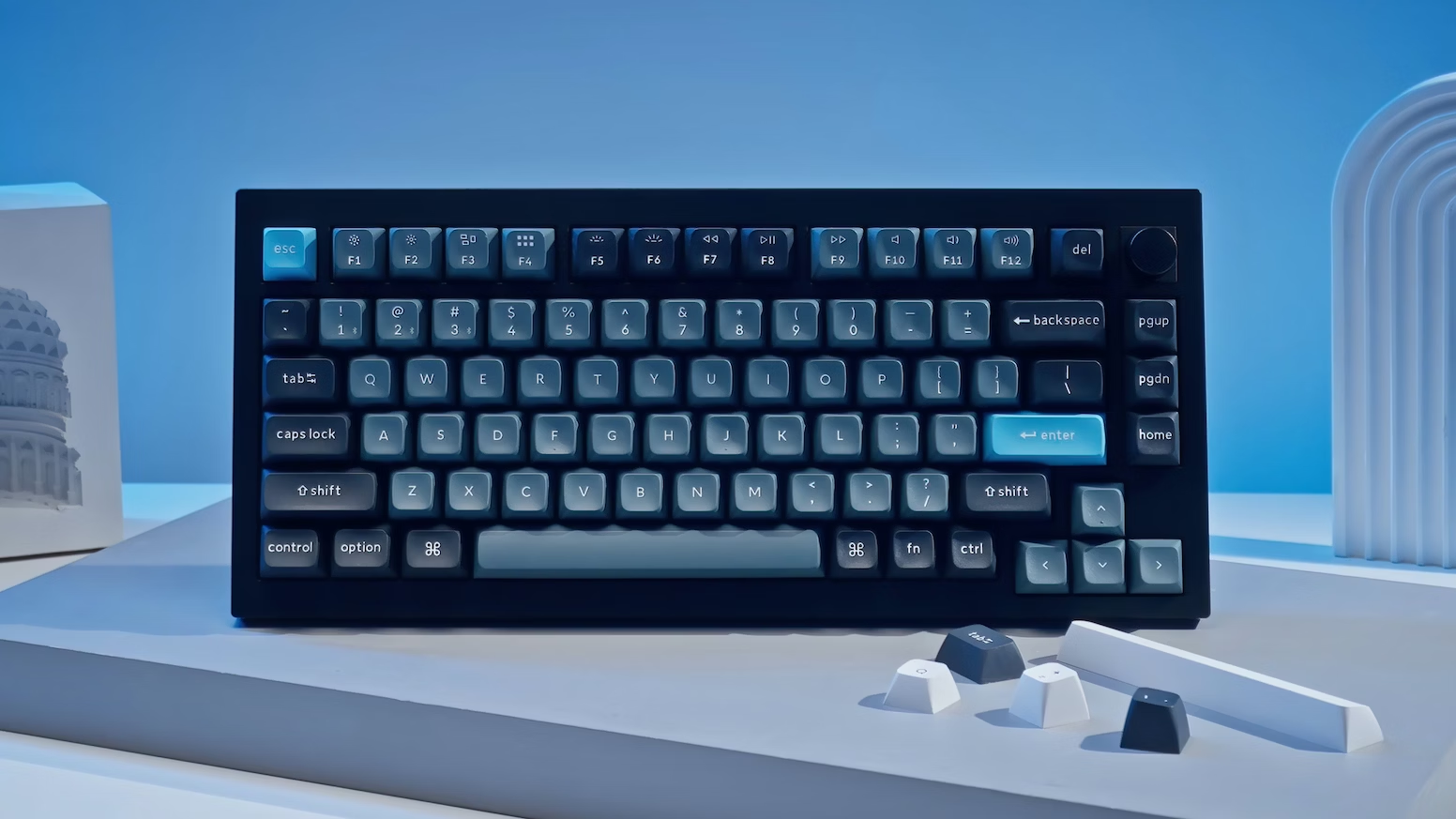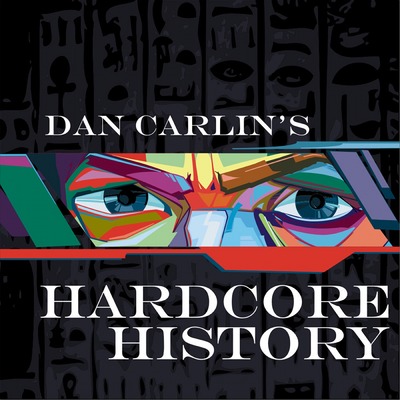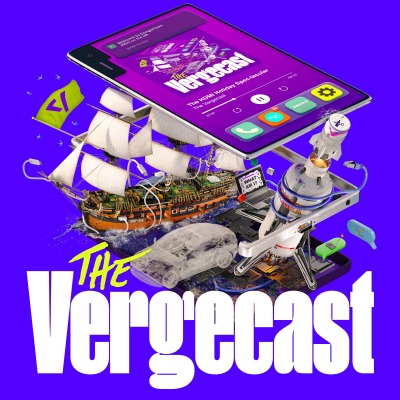GNU Emacs
Platform: Linux, Windows, macOS
I have recently been trying Emacs because I have heard it is highly configurable and has amazing features like Org Mode and Magit. My initial impression was that it was extremely difficult to use due to its unintuitive design and high reliance on keybindings. After watching some videos by System Crafters, I slowly picked up on these keybindings and how to go about configuring emacs to my liking. I especially liked the Emacs from Scratch series which helped me build up my personal emacs configuration. I have been using this configuration for a couple months, but I have come to realize that there are just too many missing features and issues that I kept having to find resolutions for.
This is why I decided to switch to Doom Emacs, which is a distribution of Emacs that comes pre-configured with stability, performance, and vim keybindings in mind. The DoomCasts series by Zaiste Programming provides a good introduction to Doom Emacs in video form. My experience with Doom so far has been great. It works a lot more like what I expected my personal Emacs configuration to be, but is much easier to use and configure. Startup time is significantly faster, editing files is faster, vim-like keybindings are already setup, and it is functional out of the box. You can checkout my Doom Emacs configuration on GitHub. I have been using Chemacs 2 to easily switch between my personal and Doom configurations so I can compare and make improvements.
Visual Studio Code
Platform: Linux, Windows, macOS
Visual Studio Code is one of my favorite text editors. I have previously tried Sublime Text, Notepad++, and Vim , but I was never fully satisfied with their functionality. When I first started using VS Code, I wasn't convinced by it either. It looked like just another text editor with no special features. Over time, Microsoft has done a great job of improving stability, speed, and functionality. The feature that finally made the decision for me was the community support for extensions. If you are a die hard Vim user for example, there's a Vim emulation extension that should ease the transition. I just love the overall aesthetic, auto-completion, and sheer number of features available. It runs on every platform you could conceivably develop on and it looks great! Check out some of my favorite extensions and customization options below.
General Extensions
Development Specific Extensions
Font
My current favorite font for development and general use is
FiraCode. I love the style and ligatures for common character
sequences such as comparisons and arrows (e.g.
>=, ->, and ==>).
Follow the
installation instructions
for your platform. Then follow the
VS Code instructions
to enable the font in the editor.
Notion
Platform: Web, Linux (unofficial), Windows, macOS, Android, iOS
This is my current favorite productivity app. I use it to keep track of things like homework, personal tasks, gift ideas, shopping lists, personal wish lists, upcoming video games, etc. I previously used Trello and Google Keep to track tasks and random bits of information, but Notion has been a game changer. While the full experience is locked behind a paywall, you can get the paid tier for free if you have a university (.edu) email. If you haven't already, I would suggest giving it a try. Use this referral link to get some free credit on your account to use if you decide to use any of the paid tiers.
Additionally, if you are looking for some cool tools to modify your desktop client experience, check out notion-enhancer by dragonwocky. Release v0.11.0 added a browser extension, so now it can be used on all desktop platforms and most browsers.
Ferdium
Platform: Linux, Windows, macOS
Have you ever wondered if there was an app to combine all of your messaging apps into 1? Well, Ferdium is the answer. I used to keep multiple tabs and programs open so I could see all of my messaging services at once, but with Ferdium, they are all neatly packaged in one application. Any messaging service with a web app can be accessed through Ferdium. Give it a try, I'm sure you will enjoy it as much as I do. The best part, it's free and open source!
Ferdium is a hard fork of Ferdi, which I no longer recommend for reasons described in My Favourite Open Source Project Just Vanished? by Brodie Robertson. While services have since been restored, I would suggest migrating to the community driven Ferdium as described in the Migrating from Ferdi section of the README.
Pocket Casts
Platform: Web, Linux (unofficial), Windows, macOS, Android, iOS
This is my preferred Podcast app. I have it on my Android phone and on my Arch Linux desktop and laptop. I purchased the web app and android app prior to the new subscription model that Pocket Casts has implemented. Luckily, they listened to customer feedback and gave lifetime access to Pocket Casts Plus for those who previously purchased the web version. While I'm not a big fan of subscription models (especially when they previously didn't exist), I appreciate that they have implemented a free tier that has the majority of features that most people will need.
Spotify
Platform: Linux, Windows, macOS, Android, iOS
This is my preferred music app. I love having access to streaming music on all devices I use and integration with many smart home devices. Overall an excellent product and very reasonable prices, especially with the student pricing plan. Check out some of my favorite songs in the music section.
If you are interested in adding some cool themes and improving performance to the spotify desktop app, check out spicetify.
YouTube ReVanced
Platform: Android
I originally discovered YouTube Vanced on a MEGA PRO TIPS post on r/galaxys10 (tip 29). The gist of the app is that it removes ads from YouTube on your android phone and you can play music while your screen is off for free.
As described in Google forces YouTube Vanced to shut down 'due to legal reasons' by Tom Warren on The Verge, YouTube Vanced can no longer be downloaded from the official website. However, a new project called YouTube ReVanced has been created to "continue the legacy of Vanced".
Vivaldi Browser
Platform: Linux, Windows, macOS, Android
After trying Google Chrome, Microsoft Edge, and Brave, I finally decided to go with Vivaldi. It will be very familiar for those coming from Chrome since it is also based on Chromium. The main reason I like it is for its customizability. There are so many features available to the user like tab stacking and tiling that I find extremely helpful. If you are a browser power user such as myself, I think you will find it really hard to switch to another browser's tab management system. Vivaldi's is by the best I have used. Additionally, most if not all Chrome extensions can be used with Vivaldi and it has built-in ad blocking and tracking prevention. Definitely recommend that you give it a try.
Extensions
Signal
Platform: Linux, Windows, macOS, Android, iOS
I'm a big fan of free and open source software. This is especially important with messenger apps where user privacy is very important. Signal uses the same end-to-end encryption protocol (Signal Protocol) as WhatsApp, but without the Facebook tracking. This means it is incredibly difficult to intercept and decode messages sent through Signal. Since Signal is an independent nonprofit, they are not tied to any major tech company and they cannot be acquired by one in the future. They are entirely funded by donations and grants. If you are looking to move away from messenger services like WhatsApp and Facebook Messenger, Signal is the best option.
Bitwarden
Platform: Web, Linux, Windows, macOS, Android, iOS
The most important feature of password managers is security. Bitwarden is open source, which means the source code, features, and infrastructure security are vetted and improved by a global community of cybersecurity experts. Additionally, all information stored in Bitwarden is end-to-end encrypted, so you can trust it with sensitive data like banking passwords, social security numbers, etc. I especially love that it offers its core features free for personal use, is available on all major platforms (including Linux), and can sync across devices. If you aren't using a password manager and don't want to pay a monthly or yearly subscription, I highly suggest that you give this a look.
Lutris
Platform: Linux
Lutris (along with Steam) is my favorite software when it comes to Linux gaming. Per their website, "Lutris is an Open Source gaming platform for Linux. It installs and launches games so you can start playing without the hassle of setting up your games. Get your games from GOG, Steam, Battle.net, Origin, Uplay and many other sources running on any Linux powered gaming machine." It allows me to manage and run all of my games (including emulated games) in one place where I can customize environment variables, pre and post launch scripts, custom version of wine, etc. If you want to get the most out of Linux gaming, especially for non-steam games, Lutris is a must-have.
Laptop: System76 Oryx Pro 7
I was looking for a Linux laptop that I could use for development, general productivity, and gaming over the next couple of years. While I love my desktop and my ultrabook laptop, I really wanted one device that could fill both roles. After doing some research, I landed on System76. They are a U.S. based company that specializes in selling Linux laptops, desktops, and servers. They also make their own Linux distribution in Pop!_OS. Of their available laptops, the Oryx Pro lineup seemed to be the best balance of portability, power, and hybrid graphics. The last point is especially important to me because I want to be able to extend battery life by turning off the discrete GPU when I don't need it. Overall, I am very happy with my purchase. For more information, check out my review.

Phone: Samsung Galaxy Z Fold 4
I was originally really hesitant about getting a folding phone given some of the quality control issues with the early generations of the Galaxy Z Fold, but the 4th is really where Samsung refined their design to the point that I think it is ready for the mainstream. I upgraded to this from a Galaxy S10+, which I absolutely loved. However, this device is a step above even the top of the line slab style phones. The versatility of having an almost full size phone when folded, and an amazing tablet when unfolded is unmatched by the competition (at least in the U.S. market). Multi tasking and content consumption on the big screen is absolutely amazing. No longer do I need to pull out a big and clunky tablet (like the Microsoft Surface Go I had before) to watch a movie. Now, I just pull out my phone and unfold it into a screen that is plenty big enough to watch whatever I want. Sometimes, I even watch a live sports match while multi-tasking with stats on a second app. This kind of functionality will definitely cost you, but given that it can replace two devices, can fit in your pocket, and supports the S-pen, I can absolutely recommend this device for anyone looking to upgrade to a folding phone.
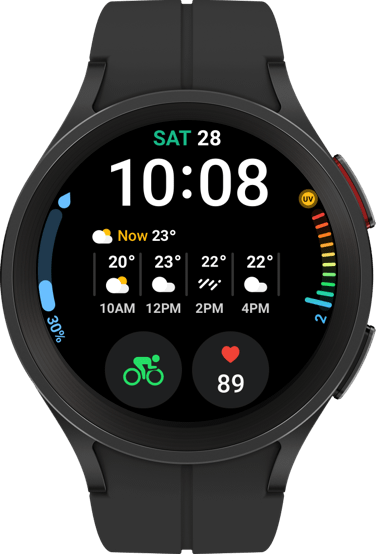
Watch: Samsung Galaxy Watch 5 Pro
With the Samsung Galaxy Watch 5 Pro (and some older devices), Samsung partnered with Google to build a new version of Wear OS. Now, you get the amazing user experience from Samsung's old Tizen OS with all the app support of Google's Wear OS. The Watch 5 Pro drops the mechanical bezel that I loved on my old Galaxy Watch, but the capacitive bezel is perfectly fine. Battery live is decent, but nothing special in my experience. I can usually get a little more than a full day's worth of battery even with the always on display activated. It charges pretty quickly though, so I've never had an issue as long as I charge it for a bit every morning before leaving for the day. If you're an Android phone user, I can absolutely recommend this device. Especially if you have a samsung phone.
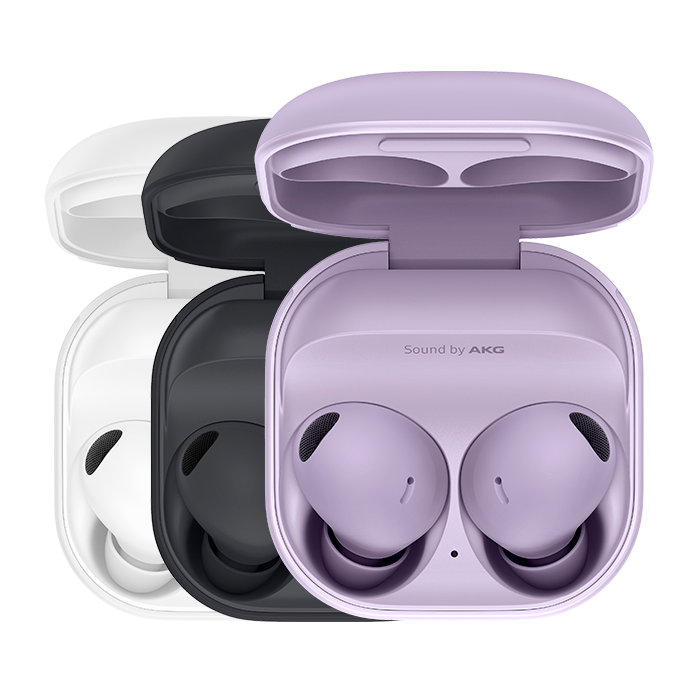
Wireless Earbuds: Samsung Galaxy Buds 2 Pro
Upgraded to the Galaxy Buds 2 Pro along with the Galaxy Watch 5 Pro when I bought the Z Fold 4 as a part of a bundle. I was running into battery issues with my old Galaxy Buds, so these have been a welcome improvement. Audio quality is good enough for my needs, but nothing special considering the physical limitations of in-ear bud style audio products. Haven't had any issue with battery life as I generally don't use them long enough to burn through the entire battery. Even if you do, you can pop them back into the case which will charge them. Haven't done any significant testing with mic quality, but haven't had issues taking calls on them. I love that they come with noise cancelling and audio passthrough, so you can hear your surroundings when walking around outside and block out the noise when working.
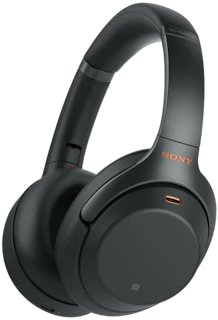
Wireless Headphones: Sony WH-1000XM4
I previously purchased the WH-1000XM2's, but decided to upgrade after seeing the XM4's on sale. The XM4's are an improvement in every way and well worth the price. Sound quality is amazing, noise cancelling is excellent, and it has audio passthrough in case you need to hear your environment. If you need wireless bluetooth headphones, this is it. My favorite feature is definitely the ability to connect to two devices (e.g. laptop and phone) at once. This means I can answer a call on my phone while listening to music on my laptop without having to completely disconnect and reconnect. If you want to use the better sounding LDAC codec, you will only be able to connect to one device at a time. This is a worth while tradeoff in my opinion considering how much better everything sounds. I also really like the battery life. Sony reports 30 hours of charge. If you will be away from an outlet for an extended period of time and plan on using your headphones a lot, these are great.
Mechanical Keyboard: Keychron Q1 Pro
I've always been interested in custom mechanical keyboards, but never enough to really dive into the hobby. This changed recently and I decided to look into buying a pre-built base board with solid build quality, an option to connect wirelessly, media controls (e.g., volume knob), hot swappable switches, and keymapping software that works on Linux. After some searching, I came across the Keychron Q1 Pro, which is the wireless version of the much loved Keychron Q1. I haven't really tried any mechanical switches before, so I went with Gateron Browns which have a tactile bump, but aren't too loud. These are quiet enough to be used in an office setting or during a call while still being satisfying to type on. The switches definitely aren't as clicky as my old Razer Huntsman Elite, which I see as a plus. It takes a little bit of getting used to, but I absolutely love them now. For the keycaps, I went with Cherry Profile Double-Shot PBT Full Set Keycaps - Player from Keychron. These look absolutely amazing (in my opinion), but I'm sure I'll look into other sets when they come back in stock in the future. I also love that this is a 75% keyboard. It has just enough keys for some special functions I use on my computer and gives me a bunch of desk space back.
Favorite Games
These are a couple of my all-time favorite video games (of the ones I have played), organized by platform. I haven't necessarily completed all of them, but these are the ones that I enjoyed the most or found the most memorable. Some cross-platform games that I previously played on other systems, like Xbox 360, have since been re-purchased on PC. I have listed these cross-platform games under PC (even if played elsewhere) since this is currently my primary gaming platform.
From the platforms listed below, you may be wondering about some notable omissions like The Legend of Zelda: Breath of the Wild, Bloodborne, God of War, Fallout: New Vegas, Portal 2, etc. While I do own these and have played them, I never really got past the first few hours for one reason or another. I do intend to return to these (at least the ones available on PC) when I find time and will update this list accordingly.
I have started using Grouvee to track my video game collection as it has a nice interface, is free, has metadata for tons of games (across multiple platforms), and has great social features. You can check out my profile on Grouvee to see a (somewhat) full list of games I have played, am currently playing, or am interested in playing.

- Animal Crossing: New Horizons
- Fire Emblem: Three Houses
- Mario Kart 8 Deluxe
- Super Smash Bros. Ultimate
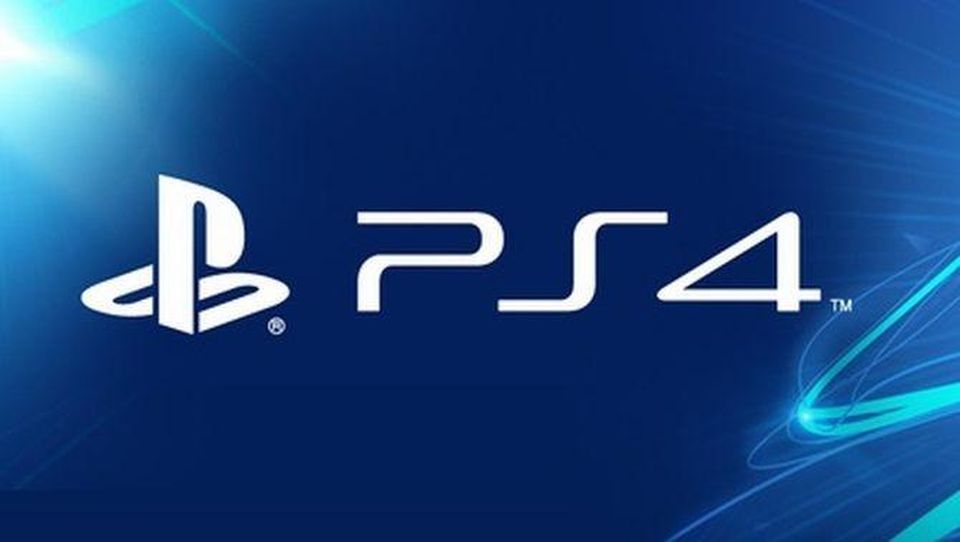
- Marvel's Spider-Man
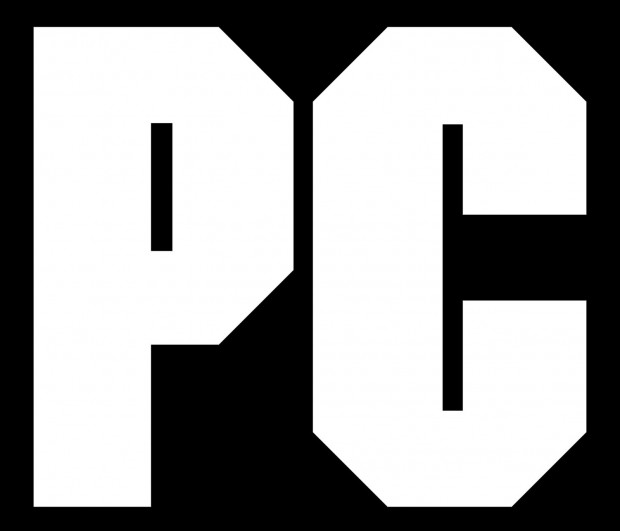
- Assassin's Creed II
- Batman: Arkham City
- Borderlands 2
- Dark Souls - 1 (Remastered) & 3
- Dishonored - 1 & 2
- Dragon Age: Inquisition
- Dragon Quest XI: Echoes of an Elusive Age
- Fallout 4
- Far Cry 3
- Grand Theft Auto V
- Just Cause 2
- Mass Effect Legendary Edition
- Middle-Earth - Shadow of Mordor & Shadow of War
- Minecraft
- Red Dead Redemption - 1 & 2
- Star Wars: Jedi Fallen Order
- The Elder Scrolls V: Skyrim
- The Sims 3
- The Witcher III: Wild Hunt
- Titanfall 2
- Watch Dogs 2
- Yakuza: Like a Dragon
Dan Carlin's Hardcore History
This is long-form historical discussion and analysis. If you are interested in diving deep into historical events from the perspective of someone who knows how to tell a story, this is the podcast for you. Episodes are generally 4 to 5 hours long and aren't released very often as they require an enormous amount of research.
Decoder with Nilay Patel
This is a podcast about big ideas and other problems. Verge editor-in-chief Nilay Patel talks to a diverse cast of innovators and policy makers on the frontiers of business and technology to reveal how they're navigating an ever-changing landscape, what keeps them up at night, and what it all means for our shared future. This is one of my favorite interview style podcasts because Nilay does a great job of asking tough questions of his interviewees and explaining complex things in an easy to understand way.
Football Weekly
I love the light-hearted and sometimes comedic news & review of European football matches. The rotating cast of football journalists and long-time hosts are thoroughly enjoyable to listen to every week. Definitely recommend this podcast for any football (soccer) fans.
Missed Apex F1 Podcast
The Netflix documentary series Formula 1: Drive to Survive really piqued my interest in motorsport. As I started to follow the 2021 F1 season more intently (especially the dramatic and controversial finale in Abu Dhabi), I found the Missed Apex F1 podcast. The hosts are very entertaining and provide detailed analysis and opinions of each race and the season as a whole. If you are interested in following F1, I definitely recommend checking this podcast out.
Throughline
The premise of Throughline is exploring how we can look at the past to understand the present. The hosts are awesome and always find very interesting stories in the past relating to current events that help put things in perspective.
The Vergecast
The Vergecast is perhaps my favorite podcast of any genre. The hosts discuss the week's tech news and other nerdy topics as well as interviews with tech leaders. Cannot recommend this enough.
Wait Wait... Don't Tell Me!
This is my favorite news/comedy podcast. I love hearing about the week's wacky stories and the rotating panel of comedians' opinions on world events.

